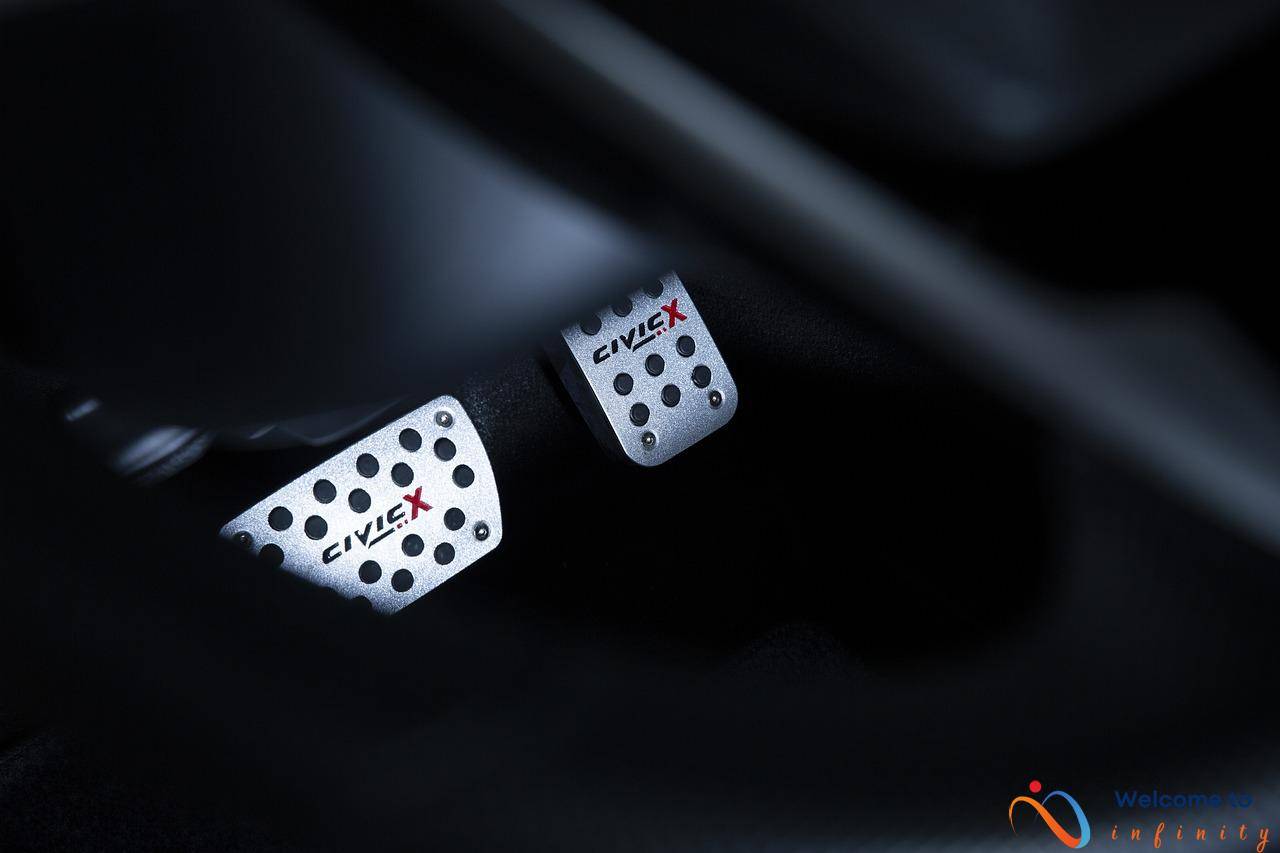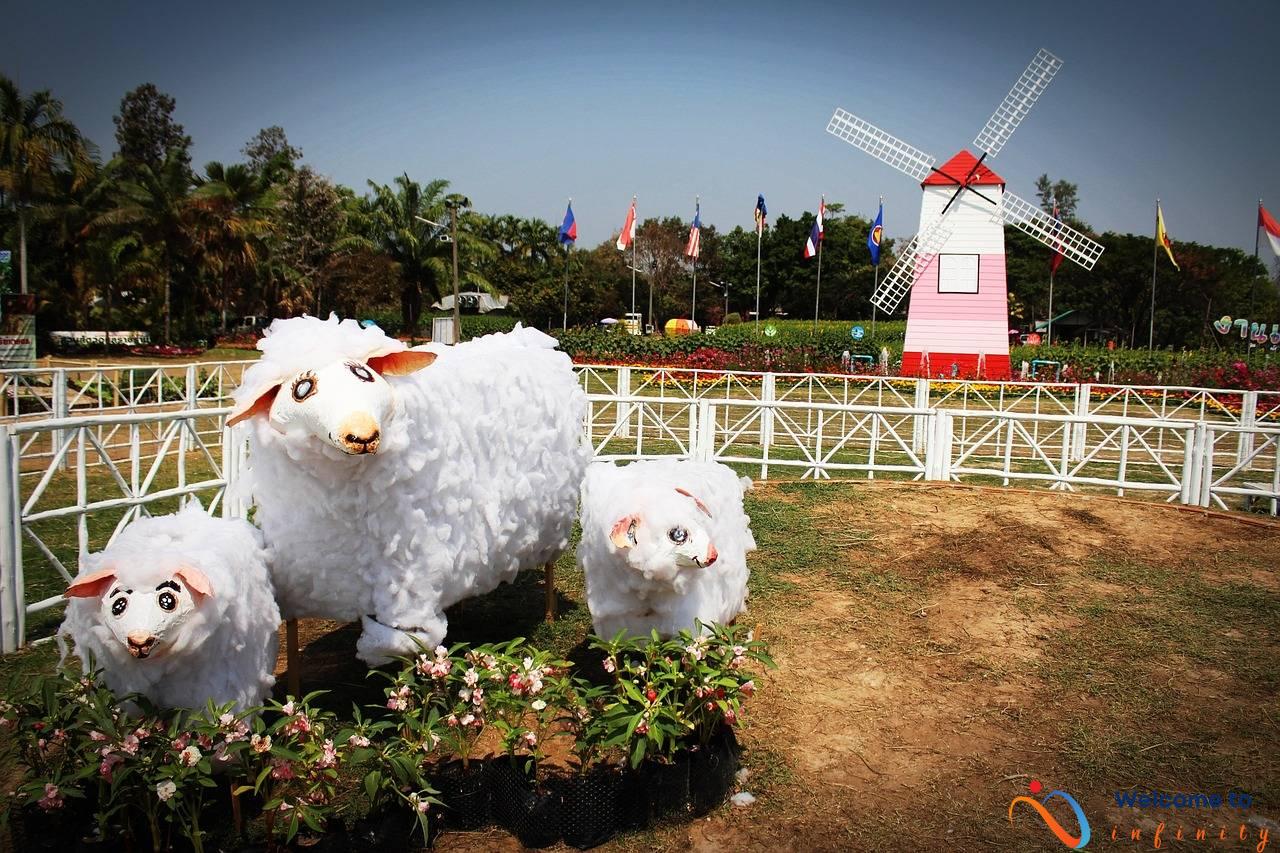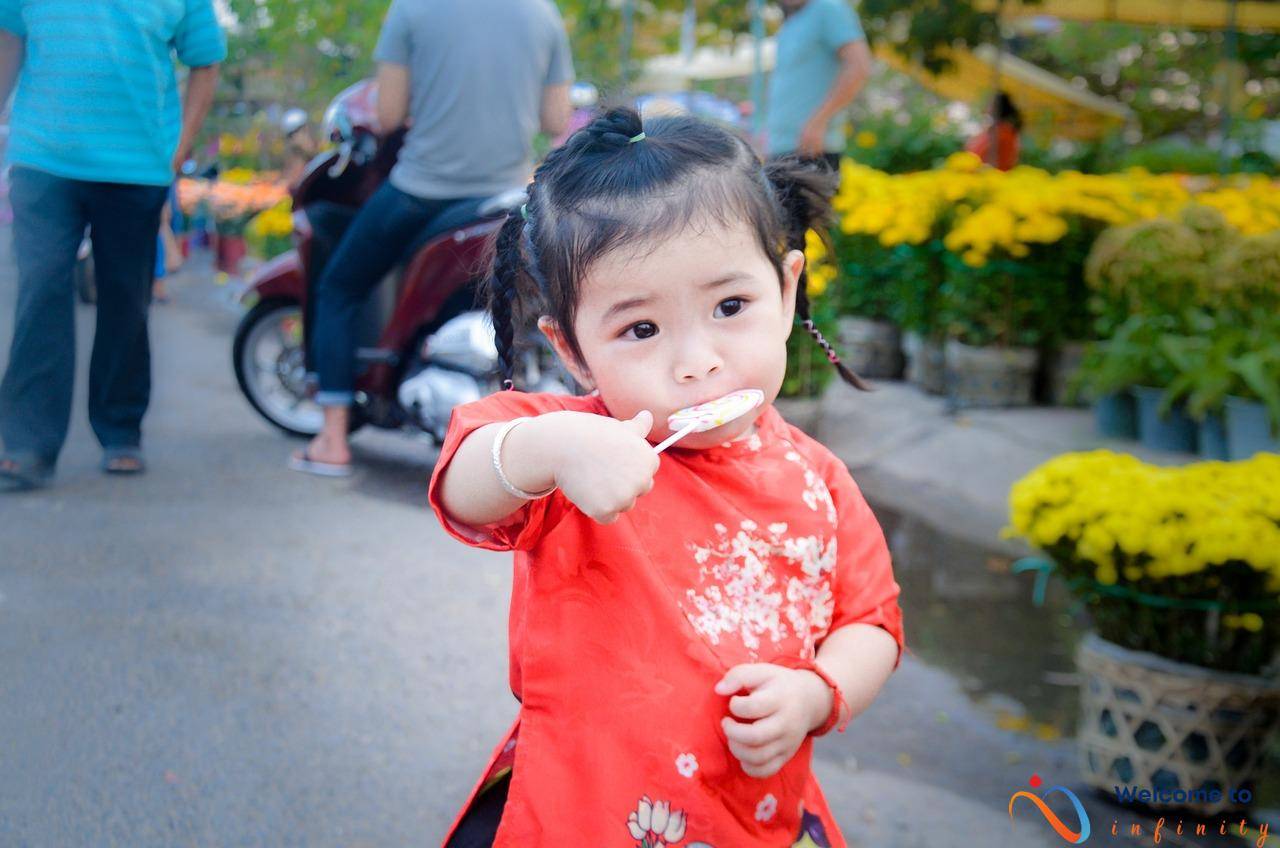Tattoos have been around for centuries and have been used by different cultures for various reasons. However, tattoos are more than just drawings on our skin. They are a form of artistic expression and symbolism that hold significant cultural and personal value. From tribal markings to modern-day designs, tattoos have deep-rooted meaning that goes beyond their aesthetic beauty.
Today, tattoos are seen as a form of self-expression, and people get them for a variety of reasons. Some of these reasons include cultural heritage, spiritual beliefs, and personal style. Tattoos are no longer associated with rebellion and criminal behavior as they once were. They are now widely accepted and embraced in society, with many people getting inked as a way to showcase their unique personalities and beliefs.
Tattoos have become a popular way to express oneself artistically. They are a form of body art that has its own distinct style and techniques. tattoo artists have become renowned professionals who are celebrated for their talent and creativity. They use their skills to create intricate designs that reflect their clients' personalities and beliefs. The art of tattooing allows people to wear their stories on their skin, embodying their individuality and creating a lasting memory.
Beyond artistic expression, tattoos hold significant cultural value across the globe. Different cultures use tattoos to represent their beliefs and traditions. In some cultures, tattoos are symbolic of social status, while in others, they may represent religious beliefs. For example, Maori tattoos, also known as Ta moko, are a traditional form of tattooing used by the Maori people of New Zealand. Ta moko tattoos are used to signify a person's social standing, personal achievements, and life experiences. Similarly, Hindu tattoos are commonly used to express spiritual beliefs and devotion.
In conclusion, tattoos are more than just a form of body art. They reflect personal and cultural symbolism and have deep-rooted meaning that goes beyond their aesthetic value. From ancient tribal markings to modern-day designs, tattoos have evolved into an art form that allows individuals to express their unique identity and beliefs.
The History of Tattoos
Tattoos have a long history that dates back thousands of years and spans across various cultures. In ancient Egypt, tattoos were used to mark slaves and later adopted by the elite as a symbol of wealth and status. In Japan, tattoos were a symbol of punishment before being popularized by the Yakuza, a Japanese criminal organization. In Polynesia, tattoos were a rite of passage and used to signify social rank and family history.
Tattoos also hold cultural significance in Native American and Celtic traditions. For Native Americans, tattoos were used for both spiritual and medicinal purposes. The Celts used tattoos to mark their bodies with intricate designs symbolizing their heritage and beliefs.
Throughout history, tattoos have been both celebrated and condemned. In some cultures, tattoos were seen as a sacred art form, passed down through generations. In others, tattoos were viewed as a sign of rebellion and deviance.
Today, tattoos are a common form of self-expression and personal style. Modern technology has made it easier and safer to get a tattoo, and new tattoo styles and techniques continue to emerge. Despite its popularity, tattoos are still often stigmatized in certain environments, such as the workplace, leading to ongoing debates about their cultural and social significance.
Motivations for Getting a Tattoo
Tattoos have become a popular way to express oneself. Each tattoo is unique, and the motivations behind getting a tattoo are just as diverse. Some individuals use tattoos as a form of personal expression, allowing the tattoo to serve as a reminder of an important experience or person in their life. Others use tattoos to commemorate a significant life event, such as the birth of a child or a milestone achievement. Regardless of the reason, tattoos serve as a visual representation of memories, beliefs, and values that can last a lifetime.
Cultural heritage can also play a role in the motivation to get a tattoo. Many cultures have a long history of tattooing, and individuals may choose to adorn themselves with tattoos to honor their heritage. For example, Polynesian tattoos have deep cultural significance and are used to represent one's social status, religion, and personal achievements. Similarly, Maori tattoos, known as Ta Moko, are used to represent one's genealogy and social standing. Tattoos serve as a way for individuals to express their cultural identity and connect with their roots.
For some individuals, tattoos have significant spiritual or religious meaning. Tattoos can serve as a visual representation of one's spiritual beliefs or a reminder of a divine experience. For example, many Christians choose to get tattoos of crosses, doves, or other religious symbols to represent their faith. In Hinduism, tattoos of deities such as Ganesha are considered a way to invoke protection and blessings from the gods. Tattoos can serve as a way for individuals to connect with their spirituality and deepen their faith.
Artistic Expression through Tattoos
Tattoos have moved beyond being just a symbol of rebellion to being a popular form of artistic expression. Tattoo artists are now considered to be some of the most exceptional artists, bringing their creativity and passion for art to the world of tattooing.
The impact of tattoo artists on the world of art cannot be overstated. Many tattoo artists have gained international acclaim for their incredible artistry and creativity, with their work frequently being showcased in art galleries worldwide.
Styles of tattooing have evolved over time, with artists continually pushing the boundaries of what is possible. From the traditional tattoo styles and techniques to new and innovative styles like watercolor, geometric, and blackwork tattoos, there is a style of tattoo that can represent anyone's artistic preferences.
Tattooing has intersected with other art forms such as graffiti, street art, and traditional fine art, creating new and unique styles. The relationship between tattooing and other art forms has enabled tattoo artists to bring new ideas, techniques, and tools to the world of art and traditional artisans.
Tattoos have now become a canvas of artistic expression for both the artist and the wearer. The tattoos that people choose to have inked on their skin allow them to express their personality and individuality. Whether it's a small and delicate tattoo or a full sleeve, tattoos are a unique and personal form of artistic expression.
- Traditional tattoo styles such as Sailor Jerry, Japanese, and American Traditional have been around for decades, but they still hold relevance and meaning today.
- Watercolor tattoos feature delicate pastel-like colors that look like they were hand-painted and often resemble watercolor paintings.
- Geometric tattoos are a modern style that features simple geometric shapes like circles, squares, and triangles, and they have been gaining popularity in recent years.
- Blackwork tattoos are full of sharp lines and black ink with little to no shading.
Overall, tattoos have become an essential part of the art world, and its evolution has led to the creation of new styles that reflect the current times. The intersection of tattooing and other art forms' exploration can only lead to a new era of tattooing that will undoubtedly surprise and delight tattoo enthusiasts and art lovers alike.
Cultural Symbolism of Tattoos
Tattoos hold significant cultural value and are an important symbol in many societies. They are often used to represent different aspects of identity, including ethnicity, religion, and social status. For example, in Maori culture, facial tattoos known as moko were worn by men and women as a mark of their identity and social status.
In Hindu culture, tattoos can represent devotion to a particular deity or spiritual practice. Many Hindu pilgrims get tattoos of Lord Shiva or the sacred symbol of the Om as a way to connect with their faith. Similarly, in Christianity, tattoos of religious symbols such as the cross or the Virgin Mary can be seen as a way to express one's spiritual beliefs.
Tattoos have also been used to represent one's cultural heritage. For instance, in Polynesian cultures, tribal tattoos were used as a way to tell stories of their history and heritage. Each tattoo had a specific meaning and told a unique story that was passed down from generation to generation.
Furthermore, tattoos have become a popular way to express one's individuality, with people getting tattoos of their favorite quotes, images, or symbols. In this way, tattoos are used as a personal expression of identity.
Overall, tattoos hold deep cultural significance and can be used to represent various aspects of identity. Whether it's a way to connect with one's faith or heritage, or simply a form of self-expression, tattoos are a meaningful and important part of many cultures around the world.
Tribal Tattoos
Tribal tattoos have been around for centuries and hold significant cultural value in many societies. These tattoos often feature bold, black designs that are inspired by ancient tribal markings.
One of the most significant aspects of tribal tattoos is their symbolism. Different tribal tattoos often have specific meanings that relate to the culture or tribe they originate from. For example, the tribal tattoo designs of the Maori people in New Zealand are known for their intricate spirals and geometric shapes, which are said to represent important aspects of their culture, such as family, strength, and spirituality.
Similarly, the tribal tattoos of the Haida people in North america often depict animals and other natural elements, which symbolize important aspects of their culture, such as respect for the environment and their connection to it.
Some other popular tribal tattoos include those of the Polynesian peoples, which often feature elaborate, symmetrical designs and are associated with bravery and courage. Additionally, African tribal tattoos often incorporate symbols that represent their ancient traditions and tribal beliefs.
Tribal tattoos are still popular today, and many people choose to get these tattoos as a way to connect with their heritage and express pride in their cultural identity.
Religious Tattoos
Religious tattoos have been a common way for devotees to express their faith for centuries. In Christianity, tattoos can depict symbols such as crosses, angels, and saints. Some people even get tattoos of scriptures that hold a special place in their hearts.
- For example, the verse “I can do all things through Christ who strengthens me” from Philippians 4:13 is a popular tattoo choice among Christians
In Hinduism, tattoos are believed to bring good luck and ward off evil. The Om symbol is a common tattoo choice that represents the Hindu religion, while the lotus flower is a symbol of purity and enlightenment.
- Some people also get images of gods and goddesses like Shiva, Vishnu, and Kali tattooed on their bodies
In Islam, tattoos are generally considered to be haram, or forbidden. However, some Muslim communities allow tattooing as a cultural tradition. In these communities, tattoos are often used to symbolize devotion to Allah or to express one's identity as a Muslim.
Overall, religious tattoos can hold deep spiritual meaning for people of different faiths. They are a powerful way to show one's devotion and express personal beliefs.
The Future of Tattoos
Tattoos have come a long way since their inception, and their future is bright. Advancements in technology have revolutionized the tattooing industry, making it easier than ever before to get tattoos that are more detailed and intricate. Moreover, new tattoo styles are emerging, such as watercolor, white ink, and geometric designs that provide unique ways to express oneself.
However, tattoos remain a point of contention in some workplaces, where visible tattoos may be considered inappropriate. While some companies have loosened their policies surrounding tattoos, others still insist on a conservative appearance. Furthermore, tattoos may pose some health risks, such as infections, allergies, and bloodborne diseases, that people should be aware of before getting a tattoo.
Despite these issues, tattoos continue to grow in popularity and cultural significance. More people are getting tattoos to express themselves, celebrate their heritage, or demonstrate their beliefs. Tattoos can be a conversation starter or a way to show support for a cause or community.
- The future of tattoos is exciting, with more designs and styles being developed every day.
- As society becomes more accepting of tattoos, we may see a shift in workplace policies and social attitudes toward tattoos.
- Adopting safe practices and making informed decisions are crucial when it comes to getting a tattoo.
Tattoos continue to challenge the boundaries of traditional art forms and cultural symbols, and their future looks bright. As with any art form, tattoos will continue to evolve and change with the times, but their cultural significance and personal meaning will always remain.










